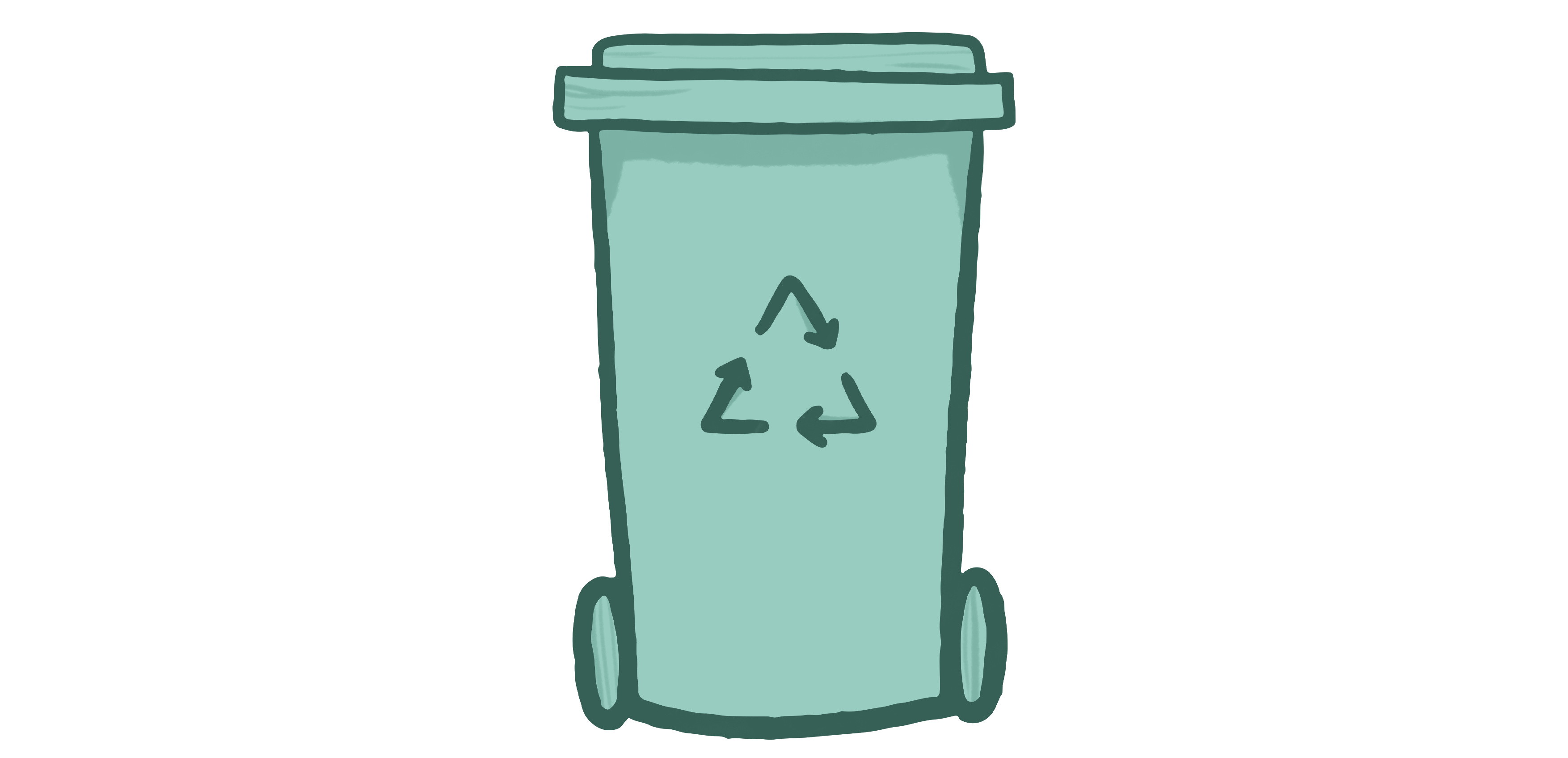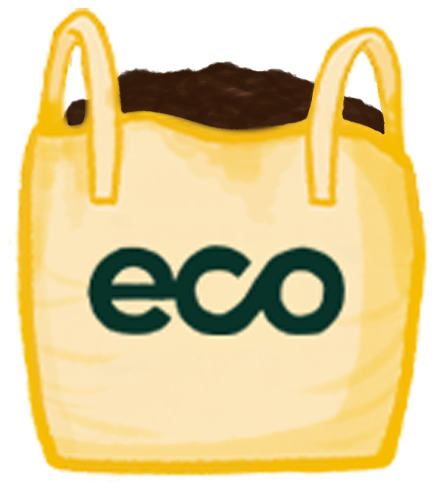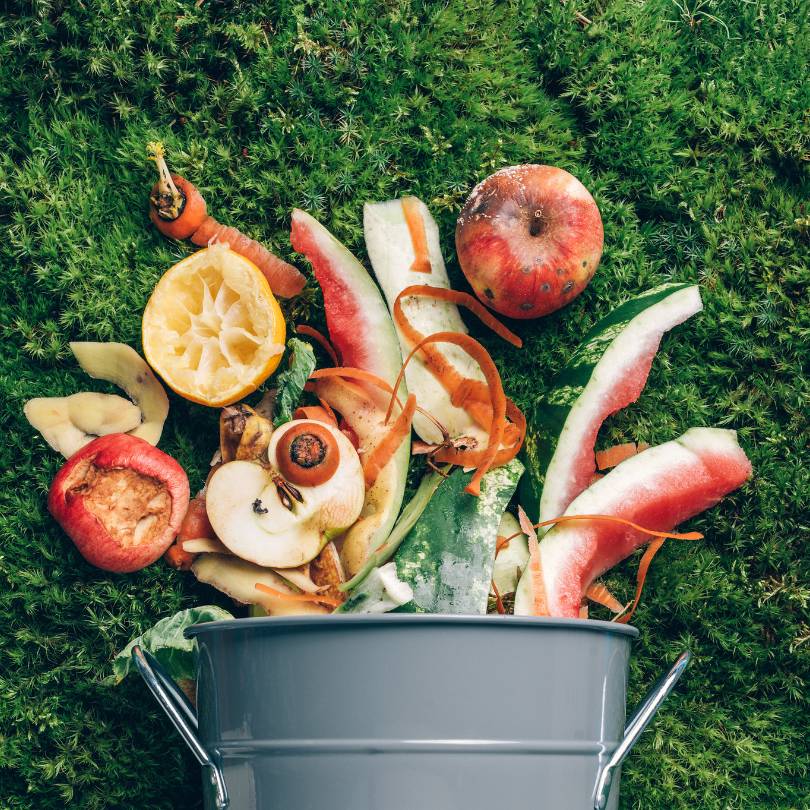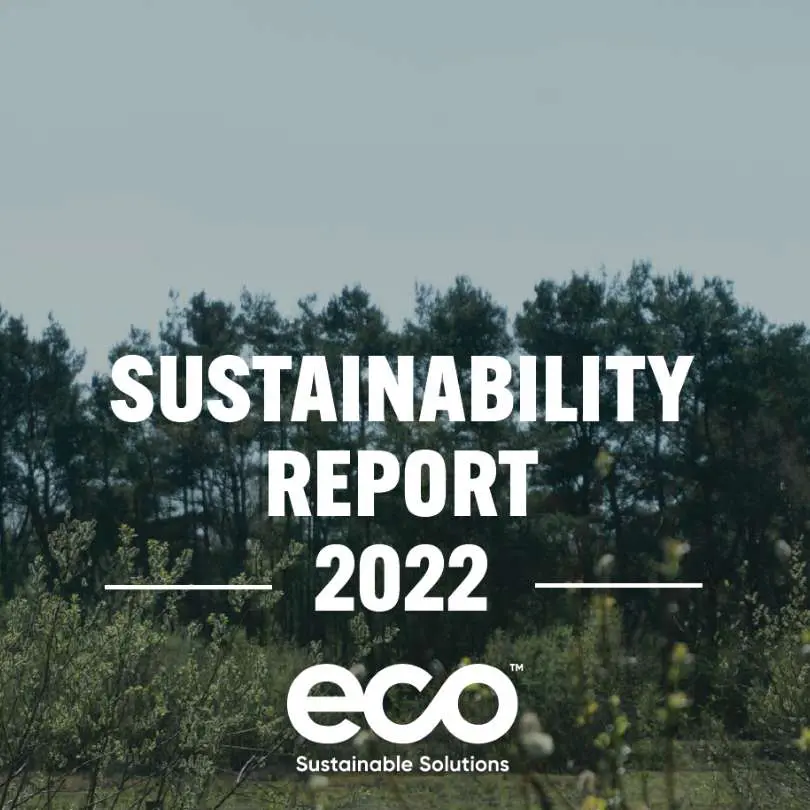Innovative Solutions Towards a Zero Carbon Future
Harnessing the power of the circular economy, our eco-innovative treatment solutions give your recyclable organics a second life, turning waste into resource.

1,902,326
Tonnes of Carbon Saved
(640,000 return flights to Aus)

4,117,948
Tonnes of Waste Recycled
(78 Titanic’s)

115,000 MWh
Green Energy Produced

2,192,023
Tonnes of Products Created
Products and Services
About Eco
Since our founder, Trelawney Dampney, had the idea to compost landscapers waste, in 1995, we’ve recycled over 4 million tonnes of organic material, preventing almost 1.5 million tonnes of CO2 from being emitted to the atmosphere – the equivalent of over half a million return flights to Australia!
Head Office
Eco Sustainable Solutions Ltd
Chapel Lane, Parley
Christchurch
Dorset
BH23 6BG
Chapel Lane, Parley
Christchurch
Dorset
BH23 6BG
Piddlehinton
Eco Sustainable Solutions Ltd Bourne Park
Dorchester
DT2 7TU
Weymouth
Eco Sustainable Solutions Ltd
Preston Rd
Weymouth
DT4 7SX



